The views expressed in our content reflect individual perspectives and do not represent the authoritative views of the Baha'i Faith.
 Just about every nation on Earth observes a children’s day each year, whether today on International Children’s Day (June 1), or Universal Children’s Day on November 20. International organizations like the United Nations observe these days because children around the world suffer terribly from exploitation by adults, including forced recruitment as child soldiers, manual laborers, child brides, prostitutes and slaves.
Just about every nation on Earth observes a children’s day each year, whether today on International Children’s Day (June 1), or Universal Children’s Day on November 20. International organizations like the United Nations observe these days because children around the world suffer terribly from exploitation by adults, including forced recruitment as child soldiers, manual laborers, child brides, prostitutes and slaves.
The United Nations estimates that currently more than 150 million children between the ages of 5 and 14 have been forced into child labor. Millions more are abducted, sold into slavery or made to work as soldiers or indentured servants.
My Norwegian grandfather was one of those children. At the age of nine, in the little Arctic Circle farm community where he lived, famine struck. Like many Northern European and Scandinavian countries at the end of the 19th century, Norway’s potato crops failed as its economy dwindled. That meant rural farm families couldn’t feed all of their children.
The horrible choice that faced them, one of the worst decisions parents could possibly make, meant sacrificing at least one of their children so the rest could eat.
Confronted with that dire decision, my great grandparents sold my grandfather Olaf, the youngest of four brothers, into slavery. In his indentured servitude, he slaved for a farmer who lived only five miles from Olaf’s family homestead – but Olaf never went home again. From dawn until night, seven days a week until he ran away at 15, the farmer who bought Olaf worked him like a mule. Backbreaking, never-ending farm labor replaced school. When the farmer’s mule died, Olaf pulled the plow, and felt the lash.
Can you imagine such suffering and trauma for a young child, or the profound emotional damage caused by such a betrayal? My grandfather lived to 106, but his treatment as a child slave scarred him for life, making him taciturn, bitter and hard. Emotionally closed and spiritually damaged, he rarely spoke of the terrible trauma of those years. I only learned about them after he died. But since then I’ve traced the emotional lineage of my grandfather’s slavery, through my father to me and then on to my own children. Like so many enslaved Africans and Indians and Haitians and people of every other background, slavery casts a long, dark and vicious shadow over many generations of the slave’s descendants. Anger, resentment, and suffering pass to the slave’s progeny, a multi-generational legacy of pain.
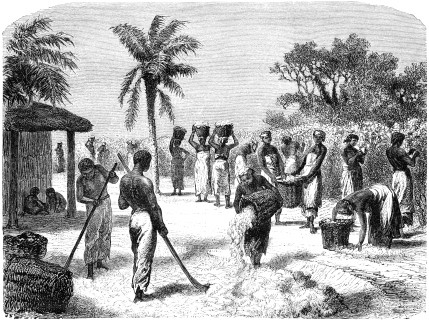 Thankfully, every nation has now officially outlawed slavery. The last country to do so, Mauritania, passed their anti-slavery law in 1981. But slavery continues under many new names – we now call slaves bonded laborers, forced laborers or child laborers, or we use chilling terms like child soldiers, early and forced marriage or human trafficking.
Thankfully, every nation has now officially outlawed slavery. The last country to do so, Mauritania, passed their anti-slavery law in 1981. But slavery continues under many new names – we now call slaves bonded laborers, forced laborers or child laborers, or we use chilling terms like child soldiers, early and forced marriage or human trafficking.
Baha’is all around the world, inspired by the message of freedom and dignity in the Baha’i Writings, work to end slavery, forced labor and all of the other practices so detrimental to every child forced to endure them. In the mid-1800’s, Baha’u’llah clearly and firmly prohibited the practice of slavery:
It is forbidden you to trade in slaves, be they men or women. It is not for him who is himself a servant to buy another of God’s servants, and this hath been prohibited in His Holy Tablet. Thus, by His mercy, hath the commandment been recorded by the Pen of justice. Let no man exalt himself above another…. – Kitab-i-Aqdas, p. 45.
The first of the world’s religions to outlaw slavery, the Baha’i Faith continues to speak out against the practice and advocate for its complete abolition — no matter what alias it uses. Many national Baha’i communities have successfully encouraged their governments to ratify the United Nations’ Convention on the Rights of the Child, and Baha’is work continually to create a universal culture of human rights around the globe. The Universal House of Justice, the democratically-elected administrative body that guides the Baha’i community, has implored the world to end these repulsive atrocities against children:
It grieves our hearts to realize that in so many parts of the world children are employed as soldiers, exploited as labourers, sold into virtual slavery, forced into prostitution, made the objects of pornography, abandoned by parents centred on their own desires, and subjected to other forms of victimization too numerous to mention. Many such horrors are inflicted by the parents themselves upon their own children. The spiritual and psychological damage defies estimation. Our worldwide community cannot escape the consequences of these conditions. This realization should spur us all to urgent and sustained effort in the interests of children and the future. – Ridvan Message, 2000.
Baha’is believe every child is born with certain inalienable rights — among them, the right of childhood itself.


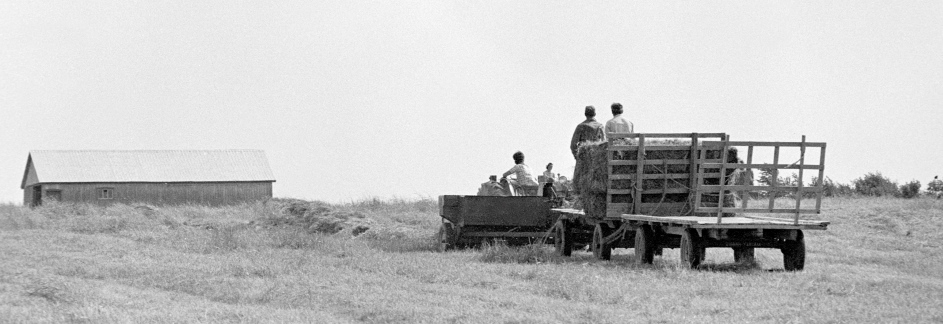
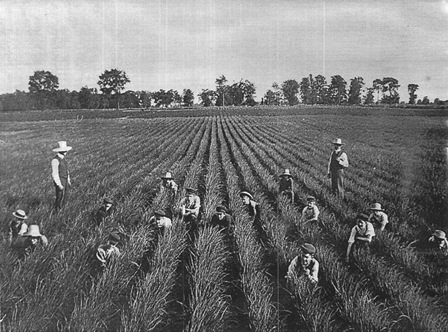

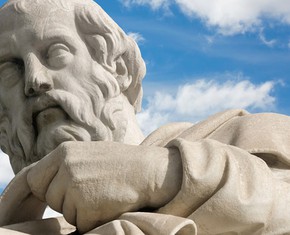
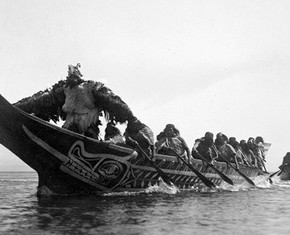
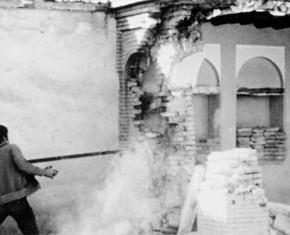









Comments
Sign in or create an account
Continue with Googleor